
views
NEW YORK: Toni Morrison is on the list. So are John Green and Harper Lee. And John Steinbeck and Margaret Atwood. All wrote books that were among the 100 most subjected to censorship efforts over the past decade, as compiled by the American Library Association.
Sherman Alexie’s prize-winning The Absolutely True Diary of a Part-Time Indian came in at No. 1, followed by Dav Pilkey’s Captain Underpants picture book series and Jay Asher’s young adult novel Thirteen Reasons Why. Objections raised by parents and other community members have ranged from explicit language and depictions of drug use in Alexie’s novel to Asher’s theme of suicide.
A lot of the books on the list also reflect a growing trend in recent years to challenge books by people of color and books from the LGBTQ community, says Deborah Caldwell-Stone, director of the library associations Office for Intellectual Freedom. Examples include Morrison’s The Bluest Eye, about a Black girl raped by her father; Alex Ginos George, about a transgender child; and Justin Richardsons and Peter Parnells picture book about two gay penguins, And Tango Makes Three.
The list was announced Monday as the library association prepares to mark its annual Banned Books Week.
Green’s debut novel, Looking for Alaska, was ranked fourth, with others in the top 10 including E.L. James’ explicit blockbuster 50 Shades of Grey,” Raina Telgemeiers graphic novel Drama and Lauren Myracle’s Internet Girls series.
As with its yearly snapshots of most challenged books, the ALA defines a challenge as a formal, written complaint filed with a library or school requesting that materials be removed because of content or appropriateness. The list is based on news reports and on accounts submitted from libraries and others in the local community, although the ALA believes many challenges go unreported. The association does not formally count the number of times books are actually removed from a library shelf or from a school reading list.
The decade list overall is a mixture of old standards such as Lee’s To Kill a Mockingbird and Mark Twain’s The Adventures of Huckleberry Finn and more recent works such as Stephen Chbosky’s The Perks of Being a Wallflower and Suzanne Collins’ multimillion selling The Hunger Games,” which has been accused of being anti-family and promoting violence. Others included were Atwood’s Dystopian classic The Handmaid’s Tale, Steinbeck’s Of Mice and Men and J.D. Salinger’s The Catcher in the Rye.
Most of the books are fiction, but the list also includes such nonfiction works as Jeanette Walls’ memoir about growing up with dysfunctional parents, The Glass Castle, and Anne Frank: Diary of a Young Girl, which has faced challenges for the Jewish girl’s emerging sexual feelings and physical changes as she and her family hide from the Nazis in Amsterdam during World War II. Frank was 15 when she was captured in 1944, and she died in a concentration camp the following year.
There are actually two lines of objections to the Anne Frank diary, Caldwell-Stone says. One line is about her physical attraction to a boy (Peter Schiff, whom she met in school) and there were also objections that it was inappropriate for someone 12 years old to learn about the Holocaust. It was too much of a downer. It was not uplifting to young people.
Disclaimer: This post has been auto-published from an agency feed without any modifications to the text and has not been reviewed by an editor












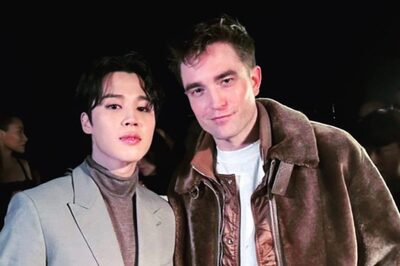

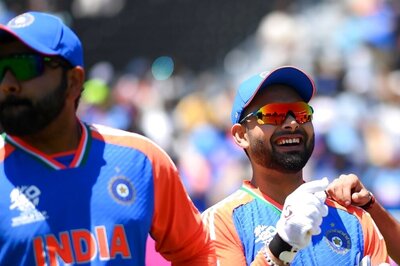
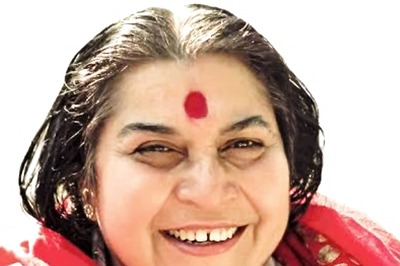
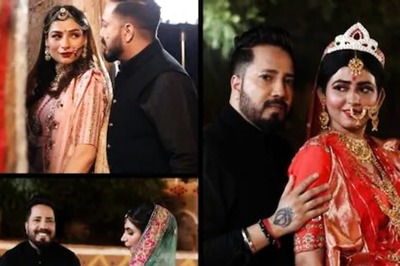
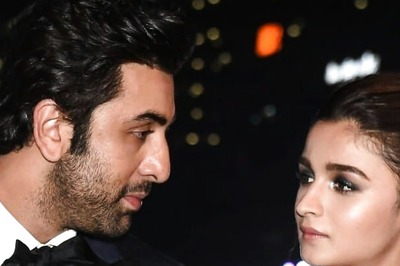


Comments
0 comment